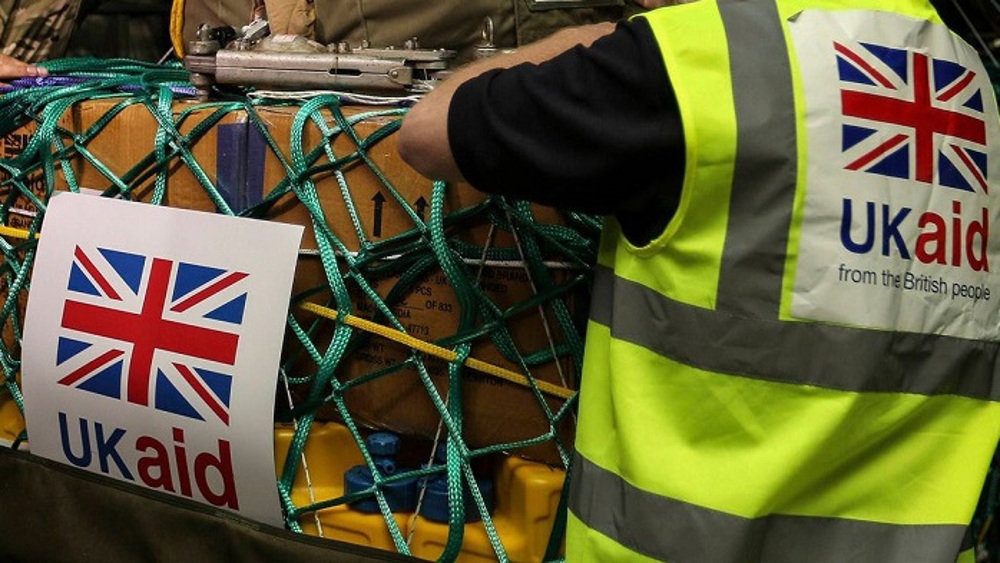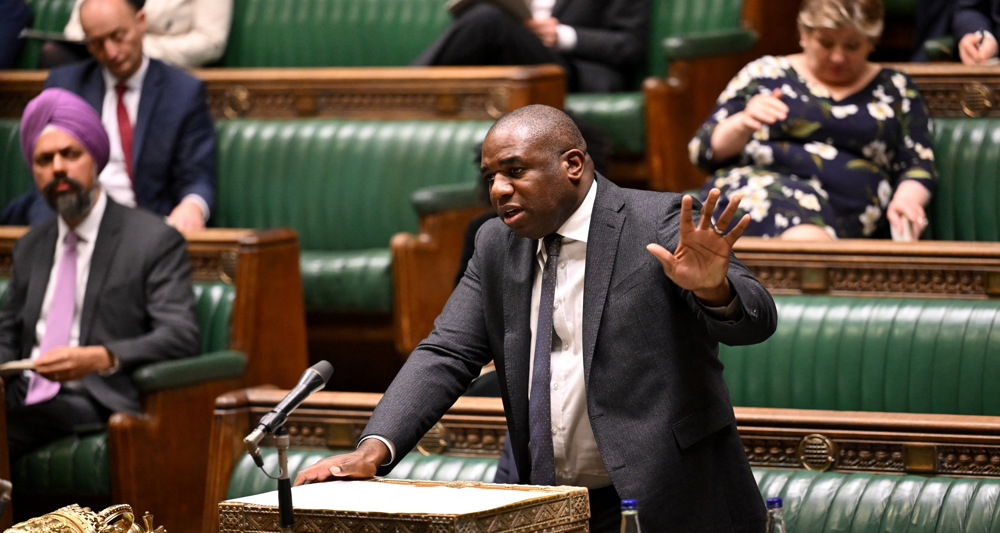Chancellor Rishi Sunak slashes foreign aid amid widespread opposition
As expected the Chancellor of the Exchequer, Rishi Sunak, has slashed the UK’s overseas aid budget from 0.7 percent of gross national income to 0.5 percent, effectively cutting more than £5 billion from UK Aid.
Although widely anticipated, the move is a clear breach of a Conservative Party manifesto made only a year ago.
The cut was announced by Sunak to the House of Commons as part of a spending review which also saw a large three-year increase for the defense budget.
The Chancellor said the cut was necessary because the country faces an "economic emergency", and at a time of "unprecedented crisis the government must make tough choices".
"I want to reassure the House [of Commons] that we will continue to protect the world's poorest, spending the equivalent of 0.5 per cent of our national income on overseas aid in 2021, allocating £10 billion this spending review. And our intention is to return to 0.7 per cent when the fiscal situation allows", Sunak added.
But the announcement to substantially reduce the overseas aid budget drew criticism and opposition from across the political spectrum and broader civil society.
The Archbishop of Canterbury, Justin Welby, took to Twitter to denounce the move as “shameful and wrong”.
— Archbishop of Canterbury (@JustinWelby) November 25, 2020 ">http://
The cut in the aid budget - made worse by no set date for restoration - is shameful and wrong. It’s contrary to numerous Government promises and its manifesto.
— Archbishop of Canterbury (@JustinWelby) November 25, 2020
I join others in urging MPs to reject it for the good of the poorest, and the UK’s own reputation and interest.
Welby was at pains to stress that the move would damage the UK’s own “reputation and interest”.
That view was echoed by a leading Tory MP, and chairman of the Foreign Affairs Committee, Tom Tugendhat, who criticized the aid budget reduction on the grounds that it diminishes the UK’s “foreign policy”.
— Tom Tugendhat (@TomTugendhat) November 25, 2020 ">http://
Britain's foreign policy is made of DATA - diplomacy, aid, trade, arms. We need them to work together to be secure. Aid is a vital part of our public health protection, as this pandemic makes clear. We are connected to the world so we need to shape it.
— Tom Tugendhat (@TomTugendhat) November 25, 2020
Writing in The Times, Tugendhat, who has hardline views on foreign policy and defense, argued that the UK is engaged in a “diplomatic arms race” and “if we cut aid we’ll fall behind”.
The decision to cut foreign aid is also having an immediate repercussion inside the civil service, notably the Foreign Office (now referred to as the Foreign, Commonwealth & Development Office).
Already a Foreign Office minister has resigned on the grounds that the decision to slash UK Aid is “fundamentally wrong”.
On resigning, Baroness Liz Sugg, whose brief included sustainable development, made a thinly-veiled reference to the Tory manifesto by saying that promises should be kept in the “tough times as well as the good”.
D-8’s role in Iran’s economy after Cairo summit
China slams US as ‘war-addicted’ threat to global security
China ‘firmly opposes’ US military aid to Taiwan
VIDEO | Press TV's News Headlines
President Yoon Suk Yeol to be removed from office
At least 19 Gazans killed by Israeli airstrikes since dawn: Medics
Leader: Iran neither has nor needs proxy forces
US fighter aircraft shot down ‘in friendly fire’ amid aggression on Yemen












 This makes it easy to access the Press TV website
This makes it easy to access the Press TV website